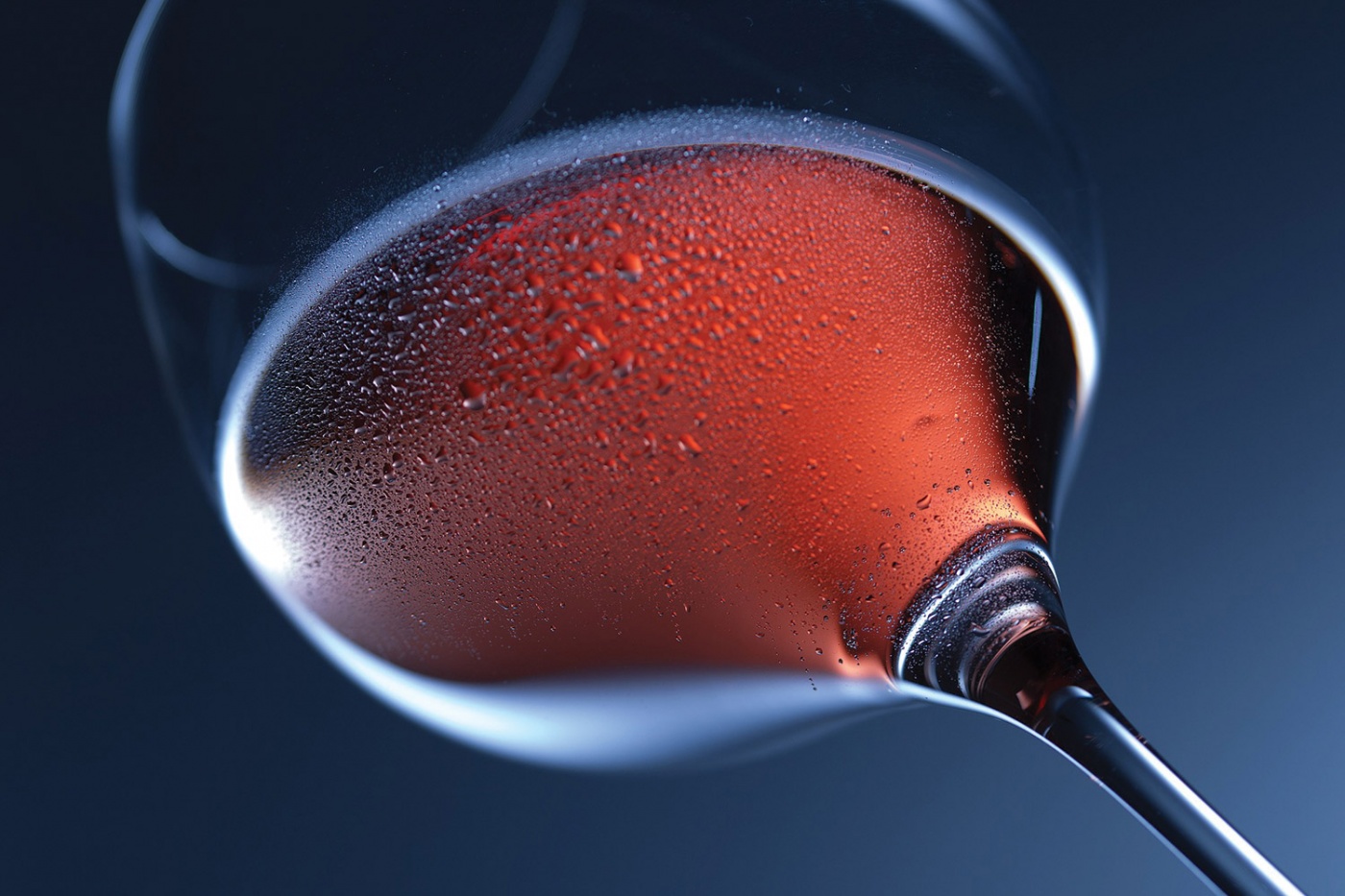Financial Advisers Drawn To Fine Wine To Counter Volatility Of Equity-Dominated Portfolios
Two-thirds (66%) of financial advisers believe that investor portfolios have become too heavily weighted towards equities in recent years and three quarters (75%) are concerned that these investors are over-exposed to elevated levels of volatility, according to new research by Cult Wines, a leading fine wine investment company.
Given the robust defensive qualities of fine wine versus equities, 66% of advisers believe that certain investors should consider diversifying their portfolio by investing in fine wine, citing its low correlation to traditional asset classes (75%) and strengthening demand from China and other emerging markets with limited supply (57%) as key reasons for increasing exposure.
In its new report, Fine Wine versus Global Equities, analysts at Cult Wines show that during periods of economic deterioration fine wine compares favourably to the performance of global and Asian equities. Over a 10-year period from December 2008 to December 2017 the Liv-ex Fine Wine 1000—an index tracking the prices of 1,000 wines from top wine-producing regions around the world – experienced less than a third of the volatility of the MSCI World Index, providing investors with greater consistency and more stable returns.
The report also highlights how the performance of the Liv-ex Fine Wine 1000 compares favourably to those of the FTSE All-Share index and gold futures, both during the depths of the fiscal crisis (2008-10) and during the peak of the economic recovery that followed (2015-17).
Between 2008-10, the Liv 1000 returned a little less than zero, whereas the FTSE All-Share lost about 25% and gold futures fell nearly 5%. In Asia, the Hang Seng Index fell by 26% while the Shanghai Composite Index plunged by 65%.
Over the period spanning 2015-17, on the other hand, the Liv 1000 returned 10%, while the FTSE All-Share returned roughly 9% and gold futures 8%. During the same period, the Hang Seng Index recorded a 9% return and the Shanghai Composite Index posted a near 7% return.
Stephen Wong, Director, Product Solutions, GF Securities (Hong Kong) said: “Since China A share is underperforming and Renminbi is suffering from rapid depreciation, fine wine investment would be one of the best assets for Chinese investors’ diversification purpose. ”
According to the research, 69% of advisers expect their peers will become increasingly familiar with the role that fine wine can play in an investment portfolio. However, what will be key to boosting awareness – cited by 82% of advisers – is greater availability of credible performance data comparing fine wine to traditional asset classes.
Among the factors contributing to fine wine’s strong recent performance:
- Limited supply of fine Wine—Like all luxury goods, fine wine is produced in finite quantities in specific regions, which prevents supply from fluctuating significantly from year to year.
- Growing Demand in Emerging Markets – Burgeoning wealth in emerging markets, especially in China, South East Asia and parts of Africa, has driven the market for fine wine higher and will continue to do so in the coming years.
- Weakened Pound – With sterling sinking following the Brexit decision, fine wine, which is priced in pounds, has become more affordable than ever for foreign buyers.
While fine wine has long boasted a reputation as a defensive asset, Cult Wines’ study demonstrates the extent to which wine can retain its diversification benefits even amid broader economic deterioration. This analysis shows that fine wine remains a viable alternative asset class because of its distinct defensive qualities.
Tom Gearing, Managing Director of Cult Wines Ltd said: “With global equity markets potentially facing the end of a record bull market, financial advisers are increasingly recognising fine wine’s ability to help investors avoid downside risk. Our report shows how fine wine can act as a defensive asset class in times of economic crisis but also benefit from periods of economic growth.”
“We’re seeing growing demand among advisers for data showing the relative performance and volatility of fine wine versus equities. Advisers are seeing a role for fine wine beyond a ‘passion asset’ and we expect to see growing interest among everyday investors. We’re optimistic about the future growth of the fine wine investment market. With the right expertise, investors will have significant opportunities to bolster their portfolios with a stable, defensive asset class.”
“Investors who are looking to achieve greater diversification can benefit from our approach to portfolio construction, which involves going beyond traditional assets such as Bordeaux and Burgundy by offering balanced exposure to so-called emerging markets like the US, new estates, back vintages and en primeur wine futures.”


